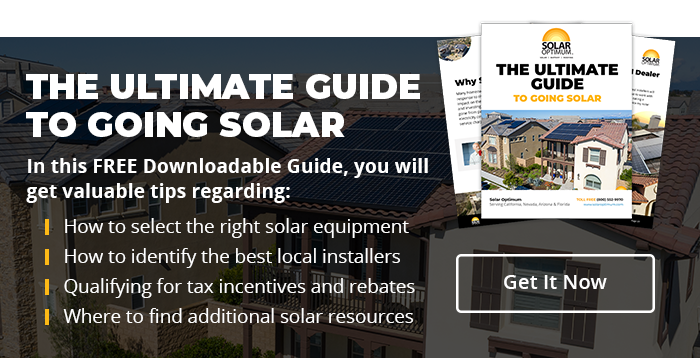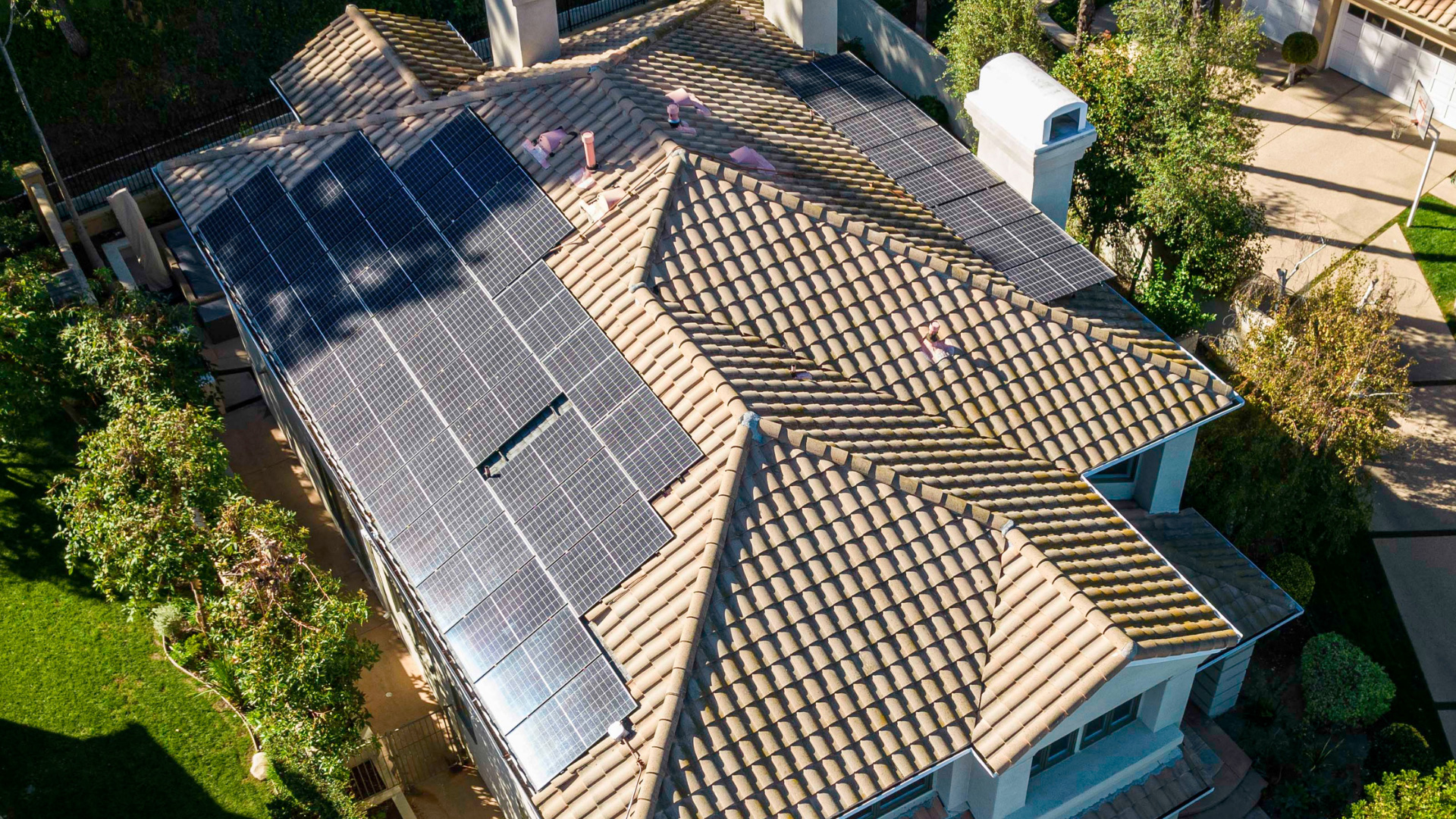Residential solar panels are a great investment for homeowners who want to reduce their carbon footprint while also protecting themselves from rising electricity costs. However, the upfront costs involved with equipment and installation can be intimidating and many customers are looking for ways to save.
The post will examine some of the tax incentives in Nevada and how residents in the state can benefit from them.
Is solar exempt from sales tax in Nevada?
While some states do not charge sales tax for solar panels and other equipment, Nevada, unfortunately, is not one of them.
Currently, there are no sales tax exemptions available in Nevada, but there are alternative tax incentives that Nevada residents can take advantage of:
Solar Rebates
Various programs were established by Nevada’s Legislature to provide residents looking to install wind or solar energy with rebates. Residents in Nevada can make use of energy storage incentives provided by NV Energy.
Time-of-use (TOU) rate clients can expect to get returns of up to $0.19 per hour for each watt, limited at $3000 for each premise and fifty percent of the total cost of equipment. Non-TOU customers can expect to get returns of $0.095 per hour for each watt, limited at $1500 for each premise and fifty percent of the total cost of equipment.
Net Metering
Net metering in Nevada involves a system that is tiered; the compensation decreases with time. Tier 4, which is the final tier, allows customers to get energy credits at a rate of 75% of the existing retail rate for any additional power that is supplied to the grid.
The net metering law is expected to last for an extended duration, with a 2030 RPS set for approximately 50% renewable energy. All customers who take advantage and sign for Tier 4 net meters will enjoy these rates for the next twenty years in their current location. Those who choose to move their solar panels to different locations will have to reapply again.
Nevada PECs or SRECs
The current renewable energy portfolio in the state of Nevada is an ambitious one. Homeowners in the state that are looking to install new solar panels have the option of making extra income annually through the sale of their portfolio energy credits (PEC).
The Senate Bill 358 was passed by the Nevada Legislature in 2019 that sought to increase RPS percentages. The current percentages are outlined below:
- 2022- 2023 (29%)
- 2024-2026 (34%)
- 2027-2029 (42%)
- 2030 (50%)
Homeowners in Nevada have the ability to assist utilities in meeting RPS obligations by selling them their PECs. Residents in Nevada looking to sell their PECs need to fill up a Public Utilities Commission of Nevada (PUCN) application form.
Federal Tax Credits
Almost all Nevada residents are eligible for the Federal Solar Tax Credit. Those who are eligible have the option of deducting from their federal income taxes approximately 30% of the total cost incurred in solar panel installation.
Battery storage qualifies for the tax credit, and many Nevada residents have the option of pairing solar with battery storage to enjoy better benefits. Tax credits are not considered as rebates or refunds, and Nevada residents need to owe taxes (tax liability) for them to enjoy the benefits provided by the Federal Solar Tax Credit.
Shift To Solar in Nevada with Solar Optimum
If you are interested in shifting to solar, our professional energy specialists at Solar Optimum are available to assist you in navigating through the entire installation process. Contact us today to ensure that you get a better return for your investment by working with an industry leader in the solar field.






